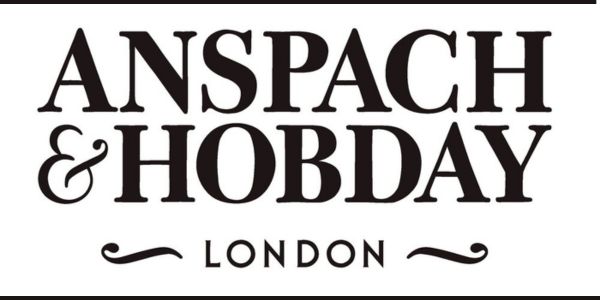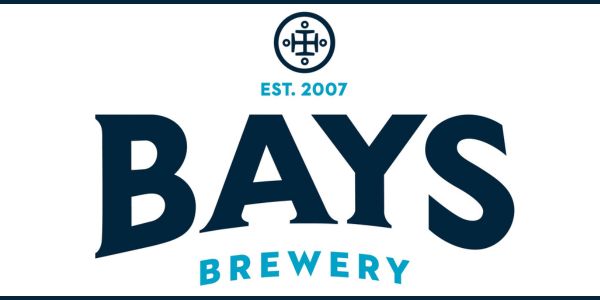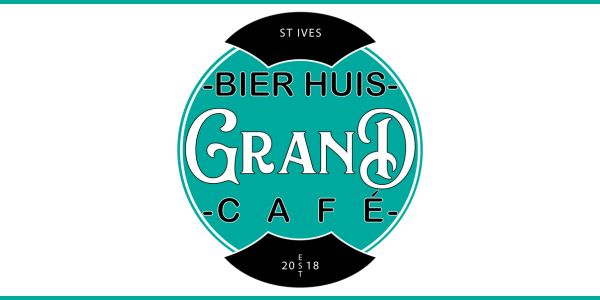Scotland’s thousands of small producers lack the financial resources and capacity to meet the current deadlines for the deposit return scheme (DRS), according to trade associations.

They warn that without urgent changes by the Scottish government to give small producers a legal grace period, where small producers can opt into the scheme, many products will no longer be available in Scotland from 16th August and prices will substantially increase.
In an open letter to the Scottish minister, Lorna Slater, the trade groups highlight the continued lack of clarity on how the scheme will work and the action that small producers need to take to prepare.
The government’s own Gateway Review last year found that producers needed 12 to 24 months to prepare, once ‘meaningful decisions’ have been reached, yet these are still not known, with only a few weeks left to register ahead of the legal deadline on 28th February.
The letter signed by the Society of Independent Brewers, the Scottish Wholesale Association, the Wine and Spirits Association, the Scotch Whisky Association, and Scotland Food & Drink, call on the minister to introduce an 18-month grace period in the regulations. It says that without action small businesses will be “disproportionately impacted by the scheme’s requirements”.
The minister recently agreed to re-open the regulations and this provides a window of opportunity to agree and formalise the legal support they need while ensuring that DRS is launched on time with the vast majority of containers included.
In December, the minister had indicated that the regulator, the Scottish Environment Protection Agency (SEPA), will accept a “proactive and managed approach towards compliance”. Yet without a legal footing this will create further uncertainty for small producers, says the trade group.
The letter states that “without a standardised, agreed, and legal basis set out in regulations, there will be additional confusion in an already impossible situation. It will be very difficult for SEPA to agree different timetables for each of the thousands of small producers impacted by the scheme.”
In a joint statement the trade associations said: “There are now only a few weeks left to save thousands of small producers that will be banned from selling bottles and cans in Scotland from August. They lack the finances and resources to meet the scheme’s requirements on time and need an 18-month legal grace period in the regulations and the option to opt in. Without this certainty it’s likely that consumers will lose out through reduced consumer choice and increased prices.”









